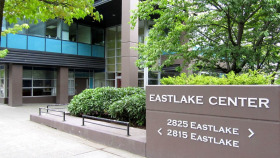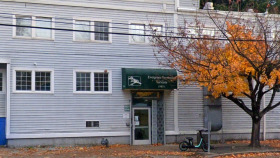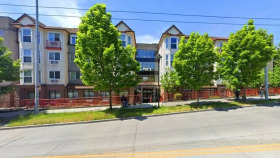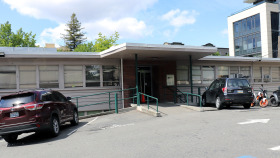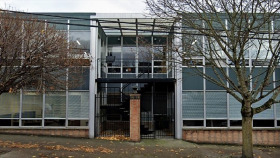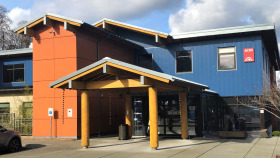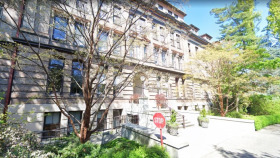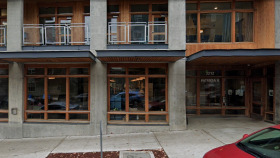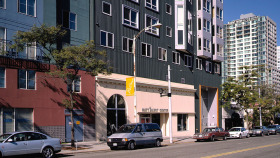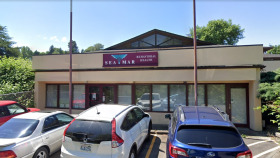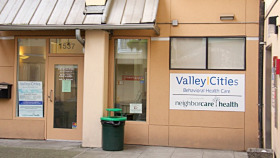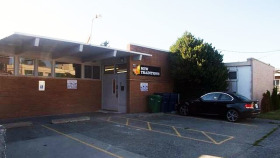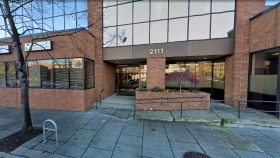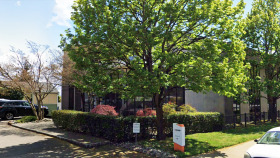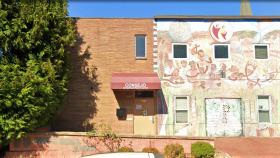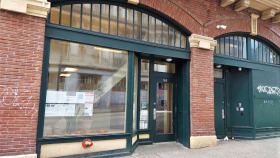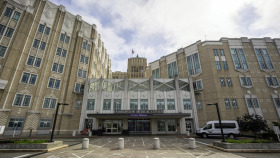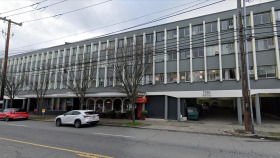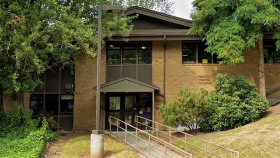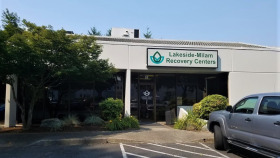Expert Insights
The downtown area of Seattle around Third Avenue and Pike is known as “The Blade,” where you’ll find drugs, homelessness, and have to fend for yourself. But, after speaking to a social worker friend of mine, I’m happy to hear that not everything that goes down there is an open-air drug market. There’s a new initiative called the Third Avenue Project: a coalition of social workers, services providers and advocates who are on the streets helping combat drugs, crime, and poverty in a novel way! They’re doing so much more than providing basic human basic supplies, like food — they’ve also saved 11 lives using opioid overdose reversal drug, Narcan. The teams are also getting to know residents, understand their challenges, and see how they can relate to services. I think this is a great initiative because it supports treating people experiencing homelessness like humans deserving of basic care and they’re then much more likely to get into recovery because they have something to live for.
~ Olivia Pennelle
How Does Seattle Compare in Alcohol and Drug Use?
Seattle, Washington, is surrounded by water, mountains, evergreen forests, and thousands of acres of parkland. However, the state of Washington faces a growing opioid epidemic. Despite this, Washington is among the states with the fewest people getting active treatment for substance abuse issues. If you or someone you know is part of this group, professional addiction treatment could help save your life. There are nearly 150 alcohol and drug rehab centers in Seattle and the surrounding area, with a variety of programs to suit every need.
Here are some substance abuse stats related to Seattle and Washington:

Washington ranks 15th in the nation for drug use.

The state is among the top five with the highest number of drug users.

Binge drinking is prevalent among more than 18% of adults in Washington.

Excessive alcohol consumption costs the state nearly $6 billion per year.
Seattle Laws on Alcohol and Drugs
Laws in Washington include the following regulations concerning substance use and misuse:
Drug Courts: Washington residents who are charged with a first-offense, non-violent substance-related crime that does not involve DUI may be eligible to attend court-ordered rehabilitation instead of serving jail time.
Good Samaritan Law: Washington’s Good Samaritan Law encourages people to call for medical assistance during an overdose. The law protects those who call 911 from prosecution for minor drug-related charges.
Naloxone Access: Washington state laws allow anyone at risk of drug overdose or who may be in a position to help someone experiencing an overdose to obtain and administer naloxone. Additionally, doctors may prescribe naloxone directly to an organization, such as a homeless shelter, and some pharmacies can dispense naloxone to individuals without a prescription.
Drug Paraphernalia: In the state of Washington, possession of the following drug paraphernalia is considered a misdemeanor punishable by up to 90 days in jail and a $1,000 fine.
- Cocaine spoons or vials
- Scales and balances
- Hypodermic needles or syringes
- Equipment used to test strength and purity
- Kits to process or manufacture illicit substances
- Chemicals used for cutting or diluting illicit substances
- Mixing devices
- Packaging equipment
- Pipes
Marijuana Laws: Marijuana is legal for both medical and recreational use in Washington. People 21 years and older can possess up to one ounce of cannabis, 16 ounces of marijuana-infused solid product, or 72 ounces in liquid form. All marijuana must be purchased from a state-licensed facility and consumed on private property. If you drive under the influence of marijuana, you could still serve jail time, have your license suspended, face a $3,500 fine, insurance premium increase, and ignition interlock requirements.
Resources
- Defense Health Agency (DHA). (2022). TRICARE Can Help If You Have a Substance Use Disorder. Military Health System. U. S. Department of Defense.
- Legislative Information Center. Office of the City Clerk. (2021). Resolution 32021 Version 2. City of Seattle.
- State of Washington 67th 2022 Regular Session. (2022). Senate Bill 5660: Concerning access to psilocybin services by individuals 21 years of age and older.
- Washington State Liquor and Cannabis Board. (2021). Know the Law.
- Washington State Health Care Authority. (2022). Substance use treatment.




